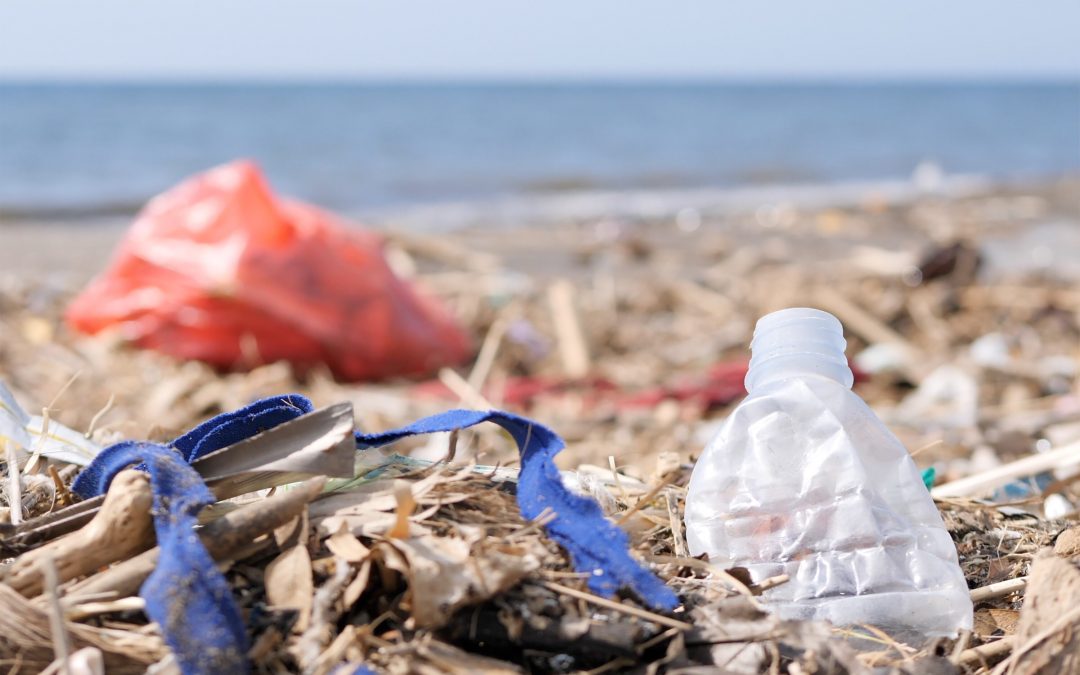In 2024, the environmental spotlight is focused squarely on plastic pollution and the global efforts underway to mitigate this crisis. With over 14 million tons of plastic waste entering the oceans each year, plastic pollution has become one of the most pressing environmental challenges of our time. The creation of a Global Plastics Treaty is currently one of the most significant international efforts aimed at addressing this problem, and it has the potential to make a transformative impact on our environment and future.
The Scope of the Plastic Problem
Plastic pollution is not a new issue, but it has escalated to critical levels in recent years. Since the mid-20th century, global plastic production has skyrocketed from 2 million tons in 1950 to over 419 million tons annually by 2015. Despite growing awareness of the harm caused by plastic waste, much of this waste is still improperly managed, ending up in landfills, rivers, and oceans. Shockingly, 91% of all plastic ever produced has never been recycled, with single-use plastics and microplastics posing severe risks to marine life, ecosystems, and human health.
The environmental impacts of plastic pollution are profound. Marine animals often mistake plastic for food, leading to ingestion that can be fatal. Additionally, plastics can absorb toxic chemicals from the surrounding water, further poisoning the food chain. Beyond marine life, humans are also affected by plastic pollution. Microplastics have been found in drinking water, air, and even in the human body, sparking concerns about potential long-term health consequences.
The Global Plastics Treaty: A Step Toward Change
Recognizing the scale of the issue, global leaders and environmental activists have pushed for an international, legally binding agreement to address plastic pollution. This led to the initiation of negotiations for the Global Plastics Treaty, which began in 2022 at the resumed fifth session of the United Nations Environment Assembly (UNEA-5.2). The treaty aims to combat plastic pollution through both prevention and accountability, with a focus on reducing plastic production and enhancing recycling efforts.
The treaty has gained significant momentum, with governments and environmental groups seeing it as a major step forward in addressing the global plastic crisis. The goal is to conclude negotiations by the end of 2024, making the treaty a landmark moment in environmental protection. One of the key points of the treaty is holding corporations accountable for their plastic waste production. If enacted, the treaty could enforce penalties and restrictions on industries that contribute the most to plastic pollution, creating a significant shift in how plastics are manufactured, consumed, and disposed of globally.
Why This Treaty is Crucial
The Global Plastics Treaty is not just about cleaning up existing waste; it’s about preventing future harm by changing the way we produce and use plastic. If the treaty is successfully implemented, it could:
- Reduce plastic production: One of the core components of the treaty is curbing the production of new plastics. This could lead to a significant reduction in single-use plastics, which are the most common type of plastic waste.
- Promote recycling and innovation: The treaty would push countries and corporations to invest in better recycling technologies, improving the efficiency of plastic recycling and reducing the amount of plastic waste that ends up in the environment.
- Protect ecosystems and biodiversity: By reducing the amount of plastic entering the oceans, the treaty would protect marine life and ecosystems from the harmful effects of plastic pollution.
- Improve public health: Reducing plastic pollution would also decrease human exposure to harmful chemicals found in plastics, potentially lowering the risk of long-term health problems associated with microplastic ingestion.
The Road Ahead
While the Global Plastics Treaty represents a promising step forward, its success will depend on the cooperation and commitment of governments, corporations, and individuals worldwide. Plastic pollution is a global issue, and tackling it requires a coordinated, sustained effort across borders.
Moreover, challenges remain. Negotiations are still ongoing, and there are significant hurdles to overcome, including differing opinions on how to manage plastic production and what penalties should be imposed on non-compliant industries. Additionally, ensuring that developing nations, which often suffer the most from plastic pollution, are supported in implementing the treaty’s guidelines will be crucial to its success.
As we move towards the final stages of negotiations for the Global Plastics Treaty, the world has a rare opportunity to address one of the most urgent environmental issues of our time. The treaty has the potential to reshape the future of plastic use, reduce pollution, protect ecosystems, and improve public health. However, its success will depend on global cooperation and the willingness of governments and corporations to take bold actions. If executed properly, the treaty could be a game-changer in the fight against plastic pollution, paving the way for a cleaner, healthier planet for future generations.


Recent Comments